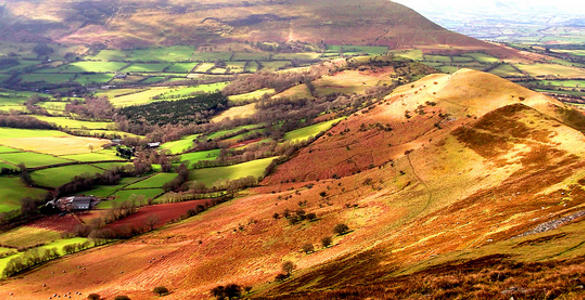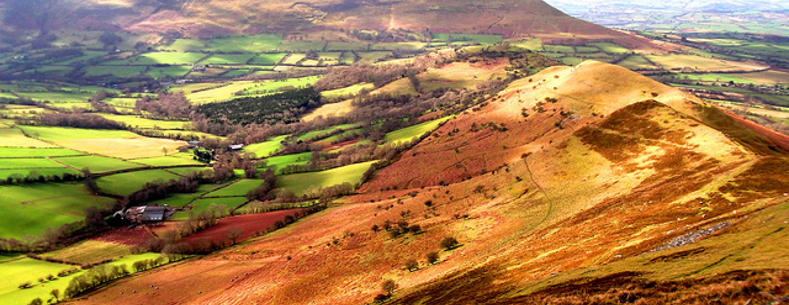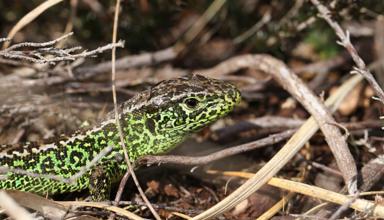Article by Jack Goode, National Assembly for Wales Research Service
Under the International Convention of Biological Diversity of 1992 Governments across the world had pledged to halt the global loss of biodiversity by 2010. Wales like all other signatories to the Convention failed to do so.
As a result of Wales’ failure to achieve the 2010 targets, the Sustainability Committee of the previous Assembly undertook an inquiry in 2010 to consider why the Welsh Government failed and made 19 recommendations on how the approach to halting the loss of biodiversity in Wales could be improved. Since 2010 Governments around the work have signed up to a new set of targets, the Aichi 2020 targets, and the Welsh Government has pledged to achieve these goals.
Three years on from the commitments made by the Welsh Government and other UK administrations, a partnership of 25 organisations published The State of Nature Report to assess UK progress towards its 2020 ambitions. The report looked at the status of species and habitats across the UK and concluded that of the 3,148 species studied, 60 per cent had declined over recent decades in the UK with 1 in 10 species under threat of disappearing. A separate document outlining issues specific to Wales was published in which the need for more data was identified as a key priority. In his response to the report, the former Minister of Natural Resources, Alun Davies stated:
Although the report presents some notable conservation success stories, such as increases in species such as horseshoe bat, red kite and otter, the report clearly highlights dramatic declines in a range of species. It is clear that we cannot have more of the same or continue as we are.
A year on from this report, the Environment & Sustainability Committee held a roundtable discussion with stakeholders on May 21st 2014 in order to assess the progress made on biodiversity loss. Leading up to the meeting Wales Environment Link prepared an evidence paper The State of Nature Wales: One Year On. The paper outlined their concerns on the lack of progress made since the publication of the report and since the Sustainability Committee of the Third Assembly had reported. In particular both this evidence paper and the bodies’ oral evidence called for the adoption of a clear biodiversity strategy for Wales. The organisations stated that the Welsh Government should adopt a Nature Recovery Plan with both measurable and time-bound targets for the assessment and protection of nature. Organisations called for the Plan to be adopted urgently in order to shape important funding and policy decisions in Wales.
A consultation on a Nature Recovery Plan for Wales has now been launched by the Welsh Government and is open until 3 December 2014. The plan contains high level aims concerning biodiversity and halting its loss as well as some specific targets on protected area management. The Welsh Government has indicated that the final Plan will be adopted in early 2015.






